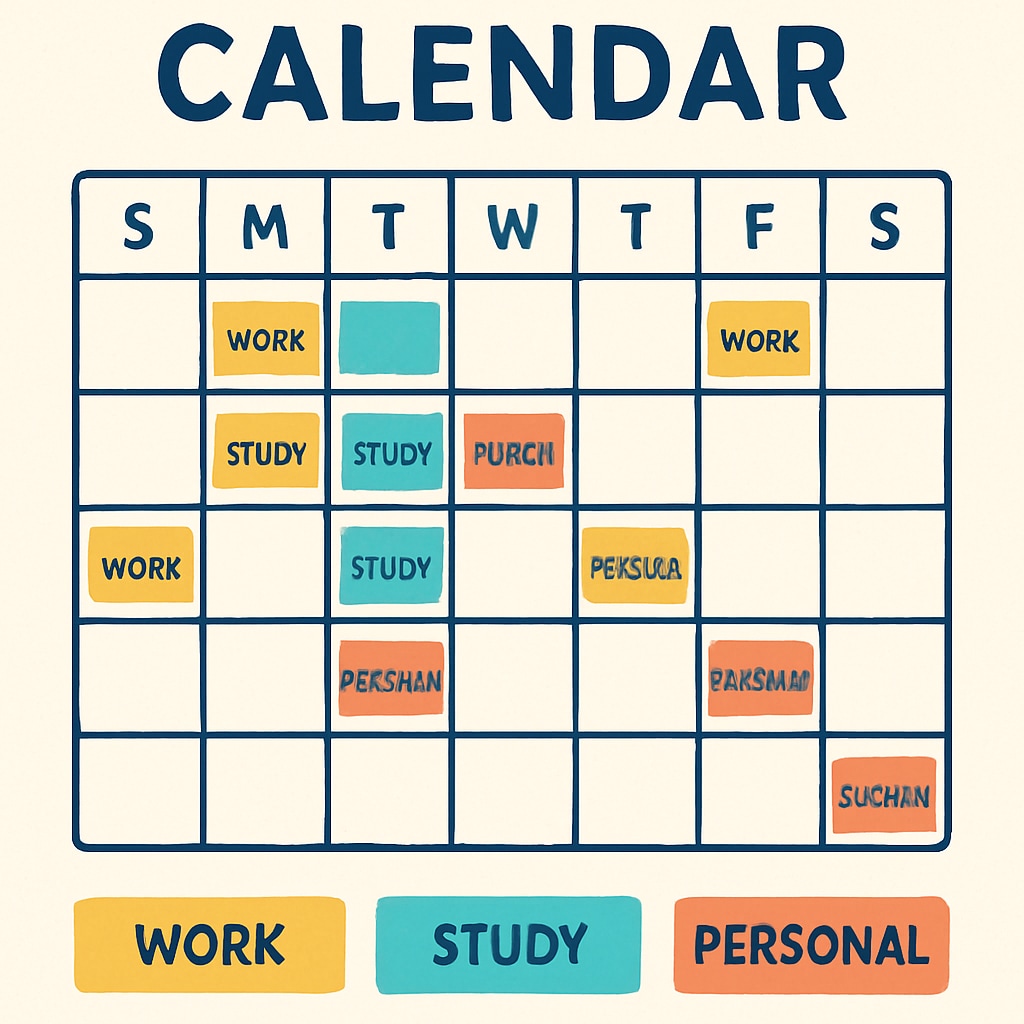Pursuing a master’s degree while advancing in one’s career is no easy feat. Many mid-career professionals find themselves torn between their aspirations for higher education and the demands of their current job roles. This dilemma often revolves around three vital aspects: the value of a master’s degree, career growth opportunities, and effective time management. For those juggling personal, professional, and academic commitments, the decision requires careful planning and a clear understanding of priorities.
The Value of a Master’s Degree for Career Advancement
Higher education is often seen as a gateway to better career prospects. A master’s degree can provide specialized knowledge, expand professional networks, and open doors to leadership roles. For certain industries—such as healthcare, technology, or academia—a master’s degree may even be a prerequisite for advancement. According to a study by the U.S. Bureau of Labor Statistics, individuals with master’s degrees earn significantly more, on average, than those with only a bachelor’s degree.
However, the decision to pursue graduate studies is not just about financial returns. Many professionals also seek intellectual growth, a sense of accomplishment, or the chance to switch career paths. Before committing, it’s important to assess how a master’s program aligns with long-term career goals and industry demands.

Challenges of Balancing Work and Education
While the benefits of earning an advanced degree are clear, the journey is often fraught with challenges. Time is the most significant constraint. Balancing a full-time job with rigorous academic coursework can lead to burnout if not managed carefully. Many professionals also face financial pressures, as tuition fees and related expenses can add up quickly.
Additionally, the demands of work and family life often conflict with study schedules. For instance, a major work project may coincide with midterm exams, or personal emergencies may disrupt carefully laid plans. Recognizing these challenges early on and preparing for them is crucial for success.
Time Management Strategies for Mid-Career Professionals
Effective time management is the cornerstone of balancing work, education, and personal life. Here are some practical strategies to help professionals stay on track:
- Create a detailed schedule: Use digital tools or planners to allocate time for work, study, and personal activities. Prioritize tasks based on deadlines and importance.
- Leverage employer support: Some organizations offer tuition reimbursement, flexible work hours, or additional leave for employees pursuing further education. Take advantage of these resources.
- Adopt efficient study methods: Focus on active learning techniques, such as summarizing key points, teaching concepts to others, or using flashcards.
- Delegate and outsource: At work and home, delegate tasks where possible to free up time for studying.
- Set realistic goals: Avoid overloading yourself with an excessive course load. Part-time programs or online courses can provide more flexibility.

Exploring Alternative Paths to Academic and Professional Growth
For some, a master’s degree may not be the only route to career advancement. Alternative education paths, such as professional certifications, online courses, or industry-specific training programs, can also provide valuable skills with less time and financial commitment. Platforms like Coursera and edX offer a wide range of courses that can complement one’s career goals without the need for a formal degree.
In addition, mentorship and networking opportunities can play a significant role in professional development. Building relationships with industry leaders and peers can lead to valuable insights and opportunities that a formal education might not provide.
Ultimately, the choice between pursuing a master’s degree and exploring alternative paths depends on individual circumstances, such as career aspirations, financial readiness, and personal commitments. By carefully evaluating these factors, professionals can make informed decisions that align with their long-term goals.
Readability guidance: Use concise paragraphs, bullet points for actionable tips, and transition words to improve flow. Ensure that long sentences are broken into shorter, easily digestible segments for clarity.


